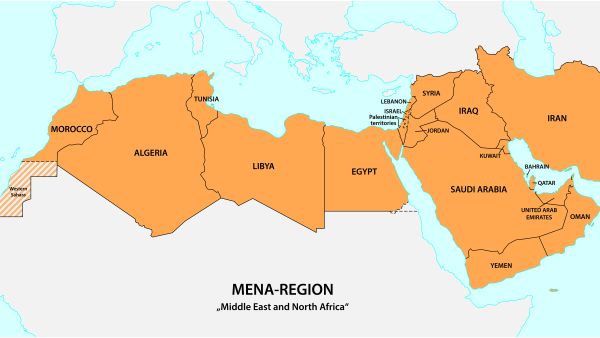ALBAWABA — The International Monetary Fund’s head on Sunday said that public debt in some Middle East and North Africa countries is of concern and that governments need fiscal policies that build resilience to protect against unforeseen economic shocks.
While addressing the Arab Fiscal Forum in Dubai, Kristalina Georgieva, IMF managing director, in her speech said: "Public debt is a concern, especially in countries that are oil importers and that is an issue we will continue to be working on."
"For oil importers, the challenges would continue. Public debt is a particular concern, with several economies in the region facing elevated debt-to-GDP ratios — some close to 90 percent," the IMF official noted.
Inflation was seen surpassing 10 percent in 2023, Georgieva said, adding that inflation in the region was "far too high still".
The devastation to large parts of Syria and Turkey by last week’s earthquakes and aftershocks "brought tremendous tragedy on people but also a very significant impact on the Turkish economy", said Georgieva.
"So, we have to build more resilience to these shocks," the IMF official added.
"We need at least 15 percent for tax policies to be sustainable. I would argue that we need more... that there is space to double tax revenues," Georgieva said, noting that the region needs to boost its average tax-to-GDP ratio up from its current rate of 11 percent.
The global economy expanded by 3.4 percent last year and is forecast to slow to 2.9 percent in 2023 and rebound slightly to 3.1 percent in 2024, according to Georgieva.
The slowing global economy will have a reciprocal cycle on the MENA region as it sees growth that was 5.4 percent in 2022 forecast to crash to 3.2 percent this year before rising to 3.5 percent in 2024.
As temperatures in the region are warming at twice the speed of the rest of the world, Georgieva called for deeper multilateral cooperation to help countries with unsustainable debt and climate change.
Having identified multi-year financing needs of over $750 billion for climate action MENA governments need to encourage private climate finance through the right policies and financial solutions, Georgieva added.







